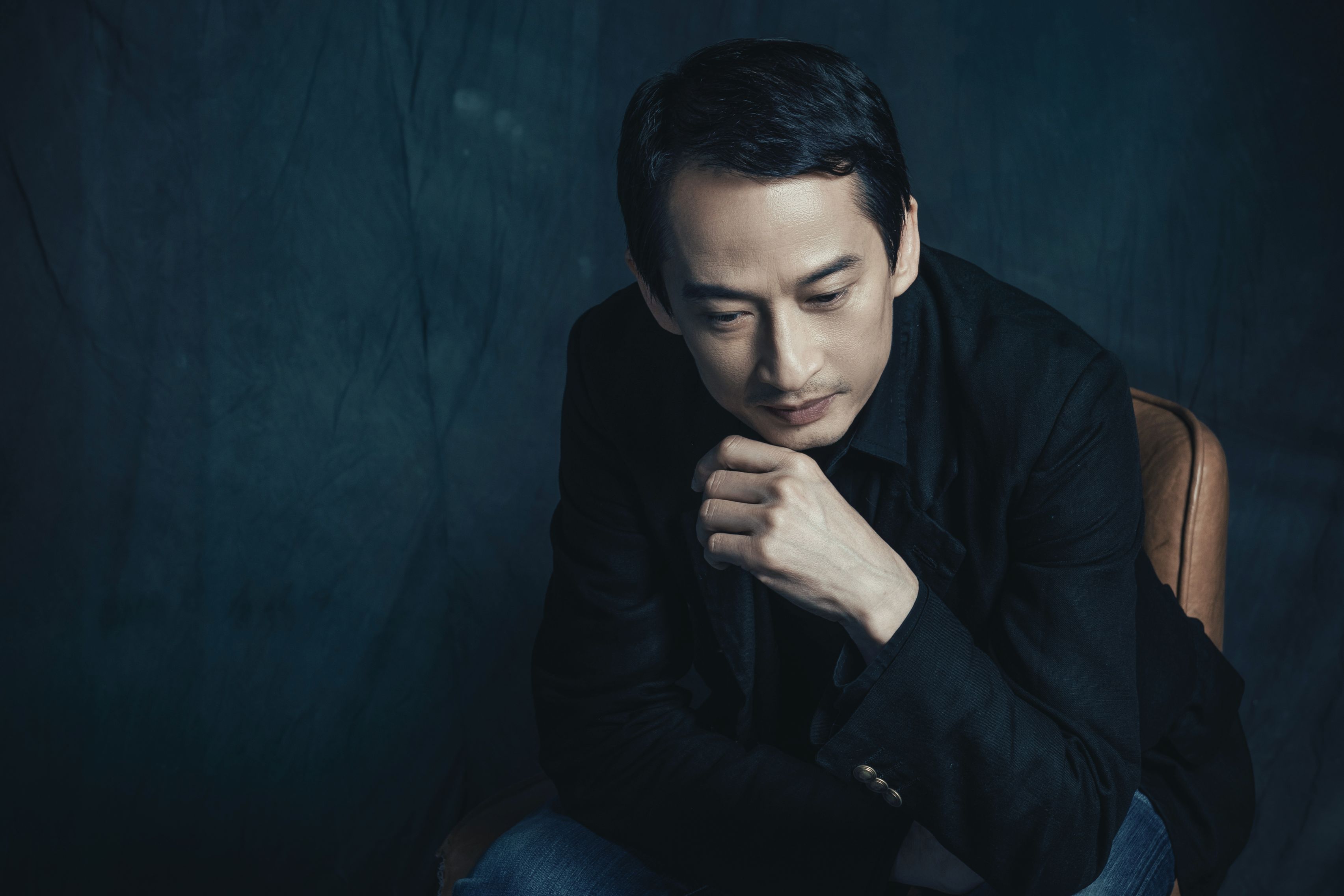“I’ve made six (feature) films and each time my approach was different,” filmmaker Mr. Tran Anh Hung admits. “For my first film, The Scent of Green Papaya (1993), I went through the whole structure knowing that it had to start out a certain way. I wrote some very simple moments, not scenes, and when I had all these I began writing scene after scene.” He has also written down snippets of dialogs only to erase them when he starts writing the proper script.
For his second movie, Cyclo (1995), he wrote some of the scenes in order, and only then did he try to find ways to connect them. In The Vertical Ray of the Sun (2000), the third of the so-called ‘Saigon trilogy’, his storytelling style remained loose.
He describes his latest film as having no scenes or dialogs, “just moments of life that express the passing of time. It was difficult for the actors and myself because it was the first time that I made that kind of film. It’s not really telling a story; it’s made up of moments that flow into each other to say something about birth, death, unions, and it is constantly flowing but there is no story there; the audience will have nothing to analyze.”
Then as now, film buffs await his latest oeuvre knowing it would push the boundaries of filmmaking with unconventional storytelling.
“For me, storytelling in films has three levels. The first is the plot, which is the least important. The second is the theme or the meaning of the story. The third is what I call the ‘style’ - how you tell the story. This is the most important and difficult thing.
The story and theme belong to the scriptwriter, but the style belongs only to the director, he says. “A script is a dead object. It is resurrected by the director in the making of the film.
“If you read the script of Klute (1971) you wouldn’t imagine the atmosphere of the film to be like that. And who brought that element to the film? It’s Alan Pakula, the director.”











 Back
Back